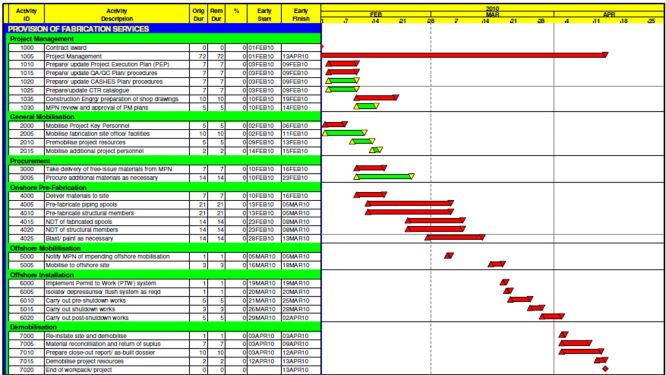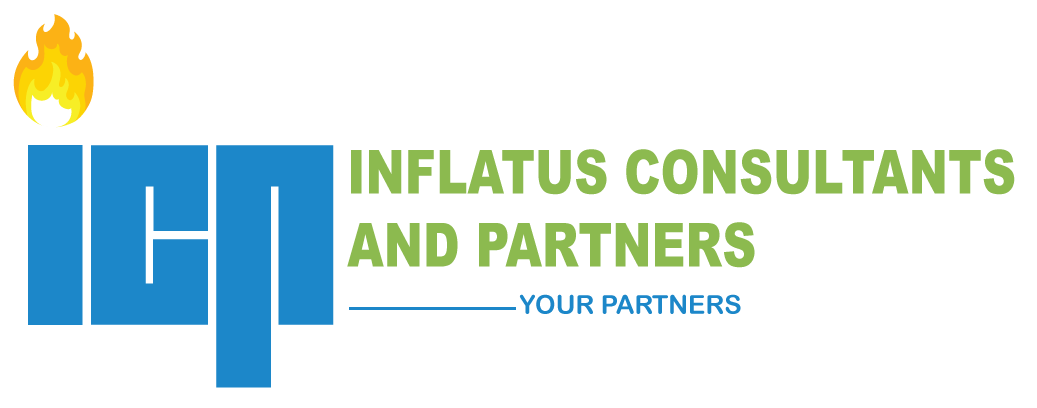Lessons From The Project Management Profession – Goal Setting 1
Every Goal Needs A Plan

Starting today, and running for the next few weeks, I will be discussing goal setting lessons that we can learn from the project management profession. I will discuss the need for a plan or roadmap in this first part.
As you are aware, the season of goal setting, new year resolutions or whatever term we choose to designate the exercise, is here again.
Those who take the exercise seriously may have already completed the process of reviewing the goals they set, or the new year resolutions they made at the beginning of 2020, presumably to identify which goals have been attained or which resolutions have been kept. They also hope, I believe, to understand why some goals were not achieved, with the aim of carrying the lessons learned into the process for the new year.
“Life is in phases. Each phase or year is a preparation for the next.” ~ Myles Munroe
I must admit that very few people who set goals or make new year resolutions go through this process of thorough review. Consequently, they continue to fail.
A 2013 essay in Forbes Magazine, reporting a research by the University of Scranton, stated that only 8% (less than 1 in 10) of those who make new year resolutions keep them. The vast majority, 92% (more than 9 out of 10), failed.
However, there are many ideas and suggestions to help us improve the odds of achieving our goals. For instance, we have been advised to make SMART goals to improve our chances of achieving them. That is, our goals should be: Specific, Measurable, Achievable, Realistic and Timebound. I imagine that you have encountered the concept somehow before now, so I will spare you the details.
As you may have guessed from the title, my purpose in this series of essays, beginning today, is to draw from some of the practices in the project management profession, lessons we can apply to our goal-setting process to improve our chances of attaining them.
The first concept that we will be dealing with is the concept of the Project Execution Plan (PEP). A key step in managing projects is to develop a project execution plan at the very inception of the project. It outlines in detail how the bidder, contractor or project team intends to manage all aspects of the project to ensure successful delivery within the time specified. This is often a requirement for approving project execution, or even award of contract. A contractor or project team that cannot demonstrate convincingly, via a project execution plan, how it intends to execute the project is unlikely to gain approval to proceed with project execution. In the same way, a bidder that cannot demonstrate how it intends to execute a contract is not likely to win.
Although the project execution plan would typically cover all aspects of project execution – quality, HSE, Risks, Interface management, Communication, etc, I will focus on the execution program or project schedule. It shows the details of the big goal, and the time and resources required to perform them. A project plan is not complete without it. It is one item that shows, during project execution, how the team is performing with respect to the big goal.

That reminds me of a case, some years ago, where a company was awarded a compressor stations rehabilitation contract. When they thought they were ready to mobilize to site, the client refused, insisting that they had to demonstrate to them what they would do on site every day! That sounds commonsensical! They hurriedly hired a planning engineer, who spend two weeks working day and night to develop the execution program, which was subsequently approved by the client, and the team then mobilized to site.
That illustrates the importance of the execution plan to project success. Yet many of us set goals without giving thought to the details of how the goal will be achieved. The French writer, poet, aristocrat, journalist, and pioneering aviator, Antoine De Saint-Exupéry, asserted,
“A goal without a plan is just a wish”.
Yet that is what many of us do. We say our goal is to lose 5 kg, to get a better job, to kick the habit of smoking, to acquire a new certification or qualification, etc. But if that is where it all ends as a goal setting process, then it is merely a wish. To give it a fighting chance of success, it must be backed up with a detail execution plan. The goal must be broken down into mini goals, milestones or tasks that must be completed in order to achieve the overall goal. That sounds simple, doesn’t it? The big goal must have things you need to do daily or weekly for it to be achieved!
“The Secret of your success is determined by your daily agenda”. ~ John Maxwell
Take the man who wants to kick the habit of smoking, for example. If he has not determined what to do daily to kick the habit (for example, cutting down incrementally the number of sticks he smokes each day), he will be surprised that nothing would change at the end of the year.
This applies equally to individuals as it does to organizations. A goal without detailed plan of how to attain it is likely to fail. That is why most goals fail.
You have a goal. Great! But do you have a plan? The plan is the roadmap to achieving your goal. Otherwise, you just have a wish.
Let me end this essay with this statement by Charlene Armitage, a very successful life coach:
“Life goals are reached by setting annual goals. Annual goals are reached by reaching daily goals. Daily goals are reached by doing things which may be uncomfortable at first but eventually become habits”
Are your goals likely to succeed? Go here to put your goals to test.


